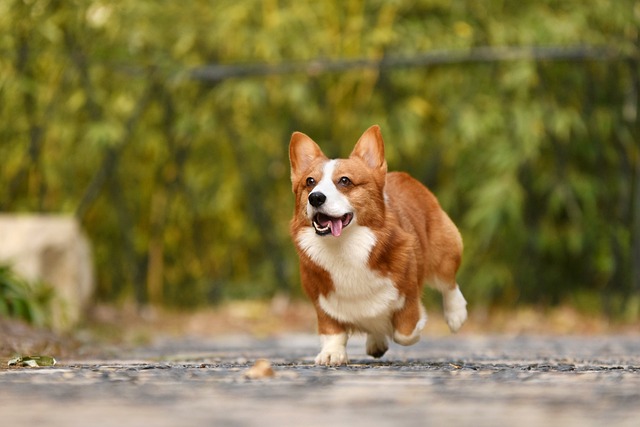
How do i train my dog to be obedient?
Watching your dog dart across the park ignoring your calls isn’t just frustrating—it can put them at risk near busy streets or public spaces.
If you’ve adopted a 5-month-old puppy who still has accidents inside, you might be wondering: Is it too late to teach them? The good news is, older puppies (4-8 months) can absolutely learn house training—they just need a different approach than tiny 8-week-olds. Let’s break down how to turn those slip-ups into success.
Older puppies have bigger bladders than newborns—they can hold it for 4-6 hours—but they may have already picked up bad habits, like going on carpets. This isn’t stubbornness; it’s just what they’ve learned. A trainer in Ohio explained, “Older puppies respond well to consistency, but you have to undo old patterns. Think of it like teaching someone to drive on the right side after they’ve only driven on the left.” The key is to make the “right spot” more rewarding than any indoor area.
Start by picking a specific outdoor spot—same grassy patch every time. Take them there first thing in the morning, after meals, after naps, and before bed. Use a phrase like “Go potty” each time. When they go, celebrate with a high-pitched “Good job!” and a big treat—think a chunk of cheese or a favorite toy. A friend in Colorado did this with her 6-month-old Rescue mix: “He’d never gotten treats for going outside before. By day 5, he’d tug me to the grass when he needed to go.”
If they have an accident inside, clean it with an enzymatic cleaner (soap leaves a scent dogs can still smell, making them want to go there again). Never scold or yell—this teaches them to hide when they need to go, which makes training harder. American trainers agree: Fear doesn’t fix behavior; trust does.

For apartment living: Use a playpen to limit space when you can’t watch them. This prevents them from sneaking off to pee behind the couch. Gradually give more freedom as they earn it. If you use a crate, make sure it’s large enough for them to stand and turn around—crates should feel safe, not punishing.
Older puppies might test boundaries—they know you don’t like accidents, but they’re curious. Stay one step ahead: If they start sniffing the floor, pick them up and rush outside. Praise like crazy when they go. By week 2, they’ll connect the dots.
Culturally, house training is a basic expectation in the U.S. Neighbors won’t tolerate indoor messes, and cities like Boston fine owners who let dogs pee on doorsteps (always aim for grass). Being consistent shows respect for your community.
Compliance check: Keep their rabies vaccine current—required by law in all states. And on walks, always carry poop bags. Cities like Chicago fine up to $75 for forgetting, even if your puppy is “still learning.”
In short, older puppies learn house training with patience, rewards, and a clear routine. They might take a little longer than tiny pups, but soon enough, those accidents will be a thing of the past.

Watching your dog dart across the park ignoring your calls isn’t just frustrating—it can put them at risk near busy streets or public spaces.

New puppy owners often find themselves rushing to clean up accidents before they set in, and that’s where puppy pad training becomes a game-changer.

If you've noticed your dog's waistline disappearing and your veterinarian has mentioned those few extra pounds, your first instinct might be to simply reduce the amount of food in their bowl.

Training a dog to use a designated spot indoors isn’t as daunting as many new owners fear, but it does take consistency and an understanding of your pet’s needs.

That moment of dread on a walk is all too familiar for many new dog owners. You see another dog approaching down the sidewalk of your neighborhood

If the sight of another dog on your neighborhood walk makes your heart sink as your own dog erupts into a frenzy of barking and lunging, you're not alone.